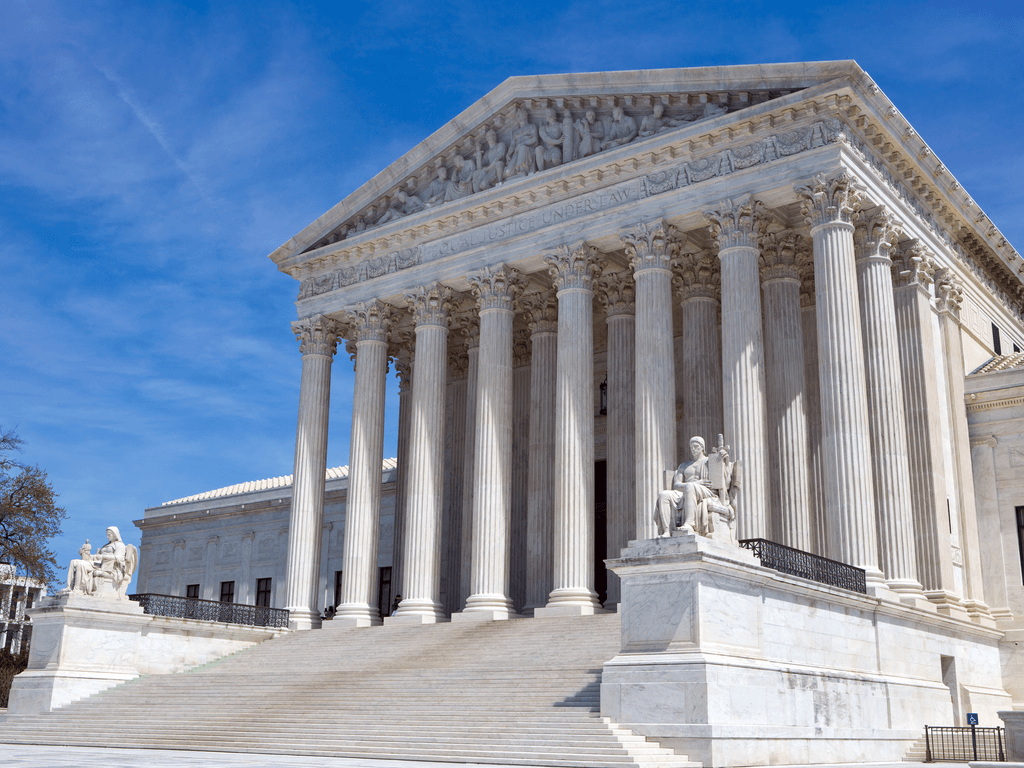We recently sent an article on the Private Attorneys General Act (PAGA) and how it impacts “Wage and Hour” claims in the state of California. Last week there was a decision by the US Supreme Court which is favorable for California employers. Here is a summary of the decision and the steps you should take to adequately protect yourself from these types of claims.
In a decision long-awaited by California employment law practitioners, the United States Supreme Court ruled, 8-1, in favor of Viking River Cruises, an employer-defendant that successfully argued why a prior decision of the California Supreme Court prohibiting arbitration of claims under the Private Attorneys General Act (“PAGA”) is inconsistent with federal law. As a practical result, California employers whose employees signed enforceable arbitration agreements can now compel employee-plaintiffs to arbitrate their individual PAGA claims.
What does this mean for employers? We have cautioned California employers about the risks of PAGA claims. The Viking River decision will have the effect of taking a potentially significant number of pending and forthcoming PAGA lawsuits out of civil courts and into arbitration.
Because PAGA claims are often time-consuming and document-driven, the streamlined nature of arbitration can be a benefit to employers. Litigating a PAGA claim in court often involves the review, redaction, and production of hundreds of thousands of pages of documents. Plaintiffs’ lawyers know this and use PAGA claims as leverage to force settlement discussions. They know many employers are not prepared to survive the time-consuming and costly task of defending a PAGA claim in civil court. And PAGA claims are rarely defended by insurance companies, leaving employers to bear the significant cost of defense.
No longer. Yesterday’s decision strongly favors businesses and business owners.
Arbitrators focus on efficiency. Compared to litigation in court, arbitration can be cheaper, faster, and more streamlined. Arbitrators modify rules of evidence and procedure to promote quick results and this can facilitate prompt resolution of claims. As an example, arbitrators often place a limit on how much discovery can be exchanged, or how many witnesses can be deposed. These steps control costs and can help to level the playing field in employment litigation.
Only employers who utilize valid arbitration agreements will benefit from this ruling-The most important thing to remember is Viking River will only protect businesses moving forward if employees execute binding, valid arbitration agreements. The state of enforceability of arbitration agreements is in constant flux in California. In order to play it safe, new arbitration agreements with employees must be voluntary, and the best agreements will offer some consideration to the employee for agreeing to sign.
The Viking River decision contains many nuances, and there are potential pitfalls for employers if the arbitration agreement is not drafted correctly. The importance of having a valid, enforceable arbitration agreement is paramount.
If you have outdated arbitration agreements, or if you are considering implementing them now, Dunn DeSantis Walt & Kendrick is available to provide guidance and advice.
I’d like to thank our friends at the law firm of Dunn DeSantis Walt and Kendrick for providing the above commentary.


